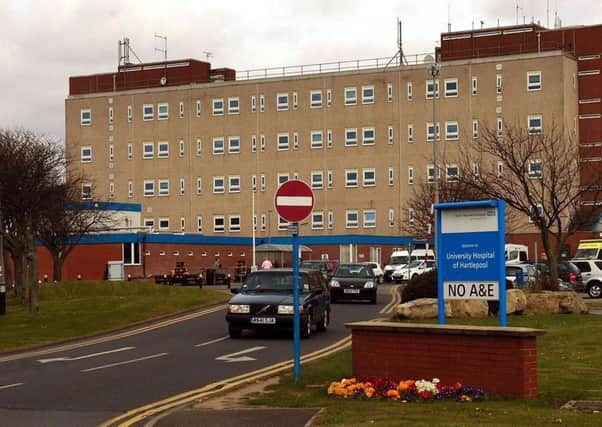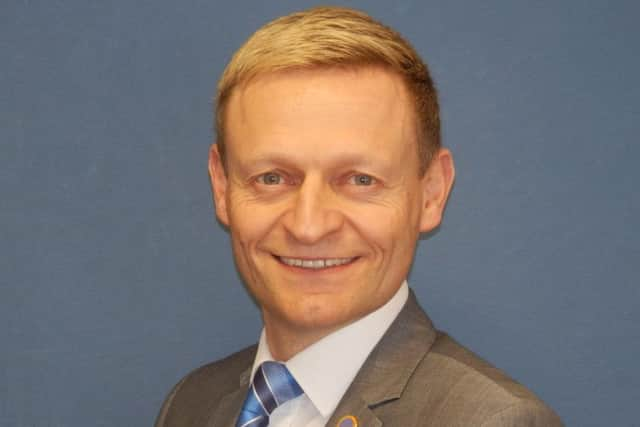Hospital trust scheme to recruit doctors from refugee camps


The North Tees and Hartlepool NHS Foundation Trust is already running a resettlement programme aimed at supporting refugee and asylum seeking health professionals back into practice in the UK.
And, in the process helping to fill the gaps in the medical professional shortages and potentially saving the NHS thousands of pounds.


Advertisement
Hide AdAdvertisement
Hide AdSo far the REPOD (Resettlement Programme for Overseas Doctors and Health Care Professionals), has worked with refugees who have been in the UK for a while.
However, Professor Jane Metcalf, deputy medical director for the trust, told members of Hartlepool Borough Council’s Audit and Governance Committee, the next step could be to consider resettlement directly from refugee camps.
REPOD was developed in 2016 as a joint partnership between the trust and the charity, Investing in People and Culture, as well as Health Education North East, which is funding it.
It supports overseas medical professionals to pass all the exams needed to practice in this country. So far 22 doctors and two pharmacists are enrolled on the programme, with one person already in work, a process which would normally take more than three years.


Advertisement
Hide AdAdvertisement
Hide AdProf Metcalf, said: “We started this as a humanitarian project. We have found that we have people moving to us from all over the country.”
She said it is a win, win situation for everyone because not only does the refugee medical professional get to the job they are trained for, but it saves health trusts a lot of money in filling posts which they had to use locum doctors for at a much increased pay rate.
The professor said the whole project costs around £60,000 a year to run, while the cost of training one doctor in the UK is around £290,000.
Coun Ray Martin-Wells, chairman of the council’s Audit and Governance Committee, said they should put a referal back to the Better Health Programme, which is a group of health professionals committed to looking at the services offered, and suggest the committee assists them in a direct resettlement from a refugee camp.
Advertisement
Hide AdAdvertisement
Hide AdHe said: “It will take a lot of looking into. But, even if it was just one doctor who is sitting there effectively doing nothing, then we would be doing everyone a big favour.”
Coun Brenda Harrison, said: “I think it would be really good to get them straight into working as they should. I think Hartlepool would welcome anything like that to improve an assylum seekers’ situation and everyone wins.”
Coun Carl Richardson, said he has been working with refugees for about 40 years and some are very highly educated and we need to tap into that.
Coun John Tennant, said: “I do support the idea, rather than having a well trained doctor sitting in a refugee camp, it would be better if they were working here.”
Advertisement
Hide AdAdvertisement
Hide AdHowever, he said: “I don’t want this to become a form of recruitment that we become reliant on.”
How the scheme might save the NHS thousands of pounds.
• The whole project costs £60,000 a year to run.
• It is funded with the help of Health Education North East.
• The cost of fully training one doctor in the UK is £290,000.
• Locum costs for junior doctors filling gaps is between £25-£60 an hour.
• Standard cost of wage is around £19 an hour, so refugee doctors taking on roles could save considerable amounts of money.
• Would improve recruitment and retention into Teesside.